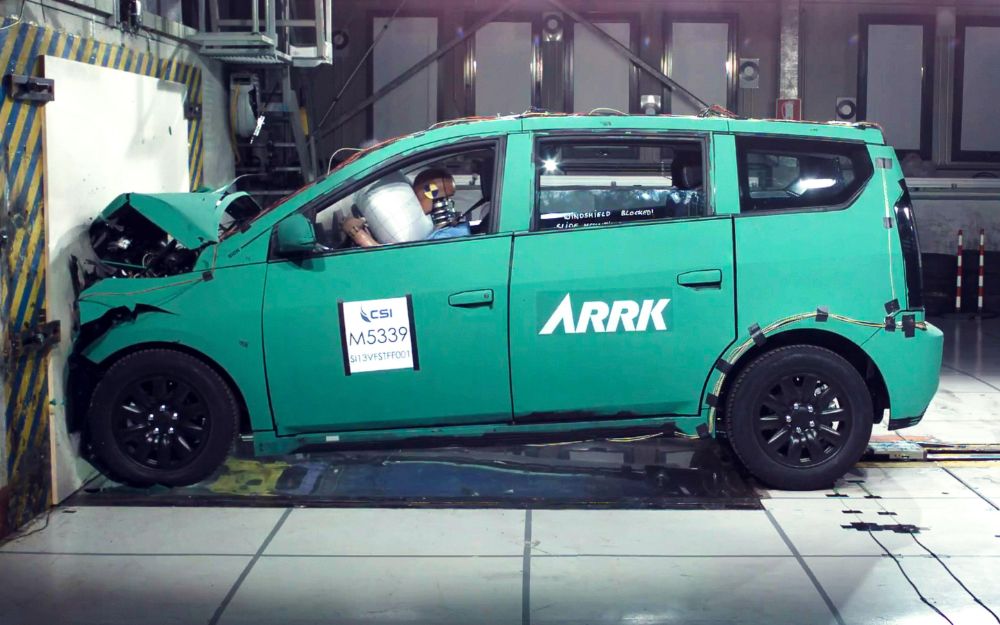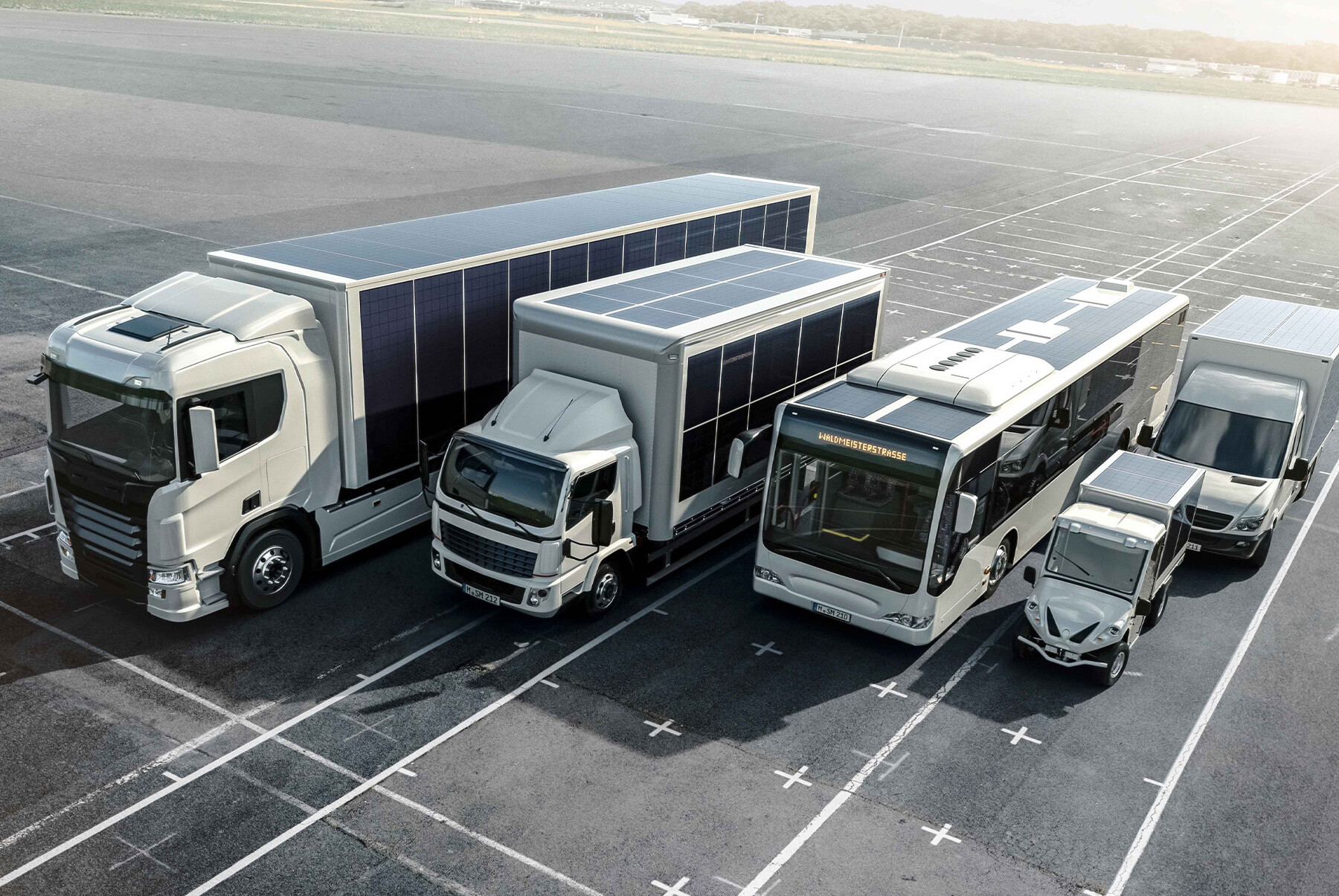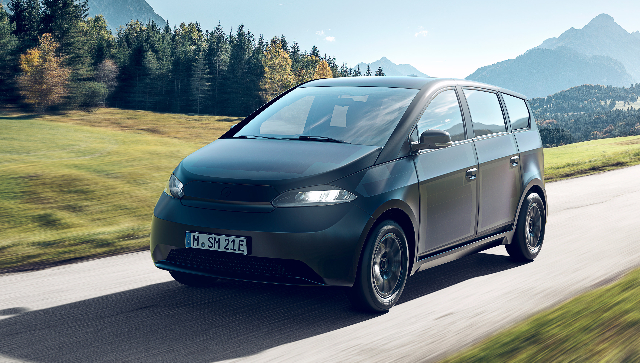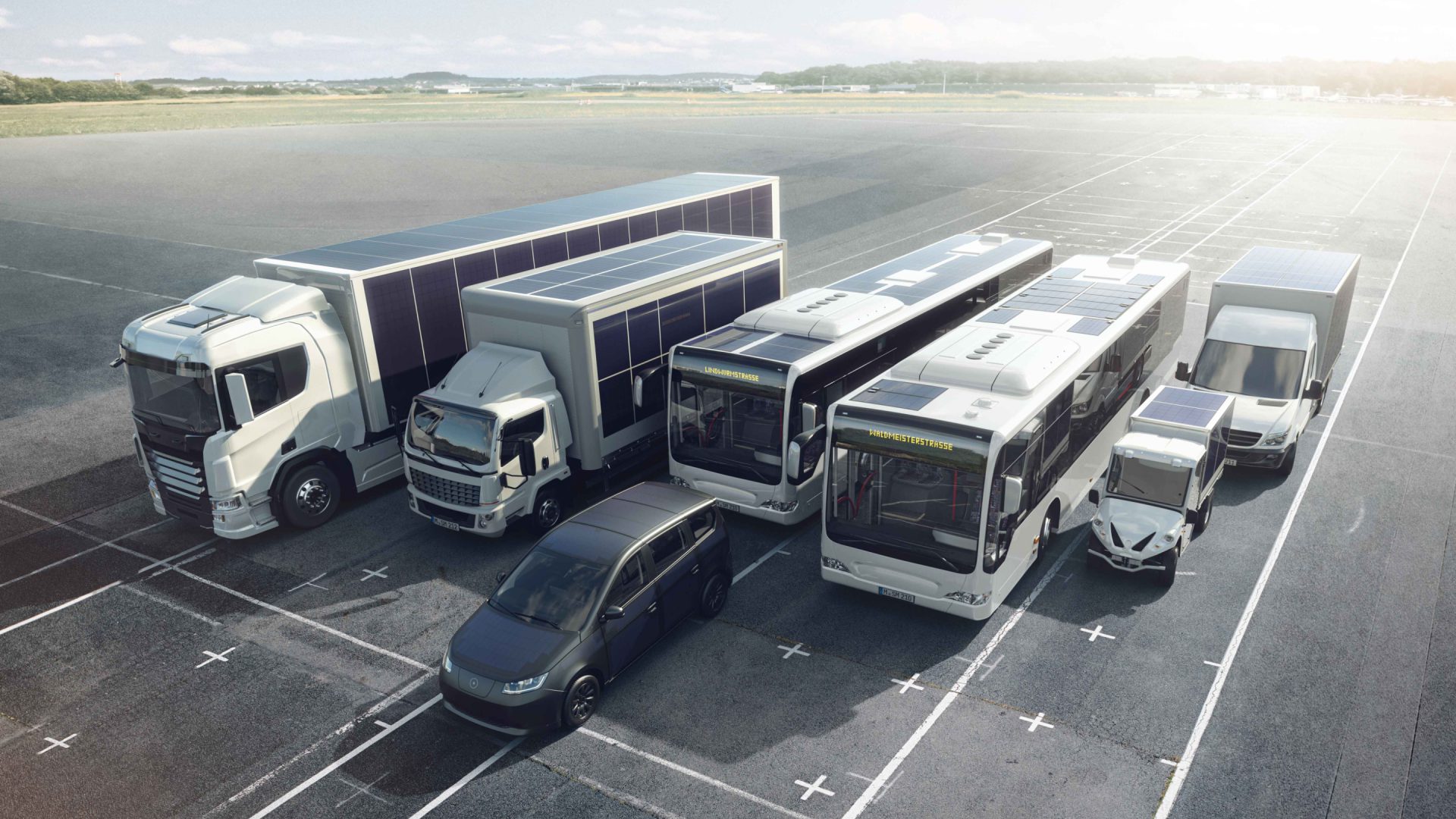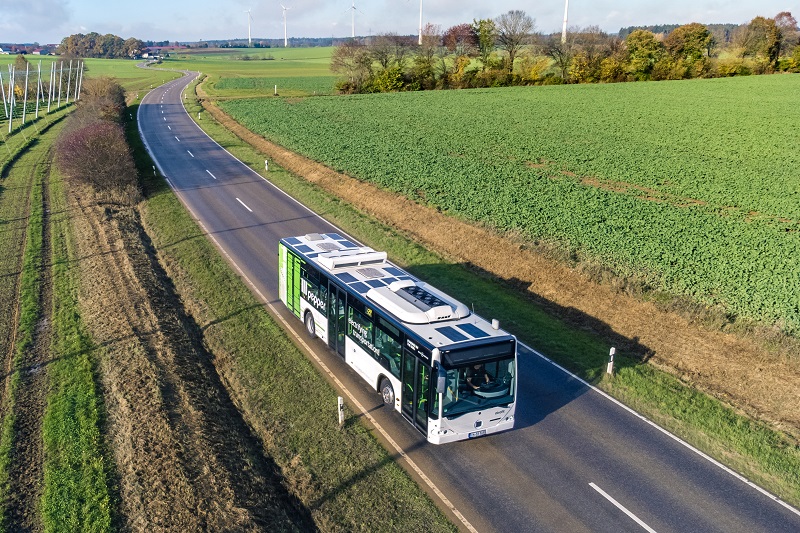The Munich-based startup, Sono Motors, has achieved a promising outcome in its first complete crash test of the Sion prototype. The electric vehicle, designed to be powered by affordable solar panels, underwent a crash test at the CSI facility in Italy, with the car fully covered in polymer-based solar panels and painted green for high visibility. The test, conducted at 50 km/h (31 mph), showed that the company’s proprietary solar panels remained intact and posed no threat to passengers or other road users.
Sono Motors aims to conduct around 300 physical component, sled, and complete vehicle tests before the Sion is homologated. The German startup also plans to have the Sion undergo Euro NCAP crash tests. These additional tests will help confirm the results of previous crash simulations and ensure the safety of the solar electric vehicle.
See also: Sono Motors Extends #savesion Campaign, Aims To Raise €105 Million
Markus Volmer, CTO of Sono Motors, says: “after years of running successful crash simulations, we are very proud to see our solar technology delivering the same satisfying and high quality results in real life. We want our customers to be able to drive with the comfort of knowing that the solar technology in their Sion is not only charging the battery for free but also adheres to the highest safety standards”.
The company announced that the upcoming Sion SEV will come equipped with advanced driver assistance systems such as forward collision warning, automatic emergency braking, lane departure warning, lane keep assist, attention assist, traffic sign assist, rear parking assist, and a rear view camera as standard.
An adaptive cruise control system may also be added through an OTA update post-production. However, the start of production is uncertain as the company has not secured funding and needs 1,650 more orders to make the Sion a reality.
See also: Sono Motors Awarded €1.46 Million Grant for Solar Technology Development
The Sion is a solar electric vehicle with body panels that act as photovoltaic arrays to charge the battery. The starting price is expected to be around 25,000 Euro ($27,000) with a deposit of 3,000 Euro ($3,300) when ordering.

